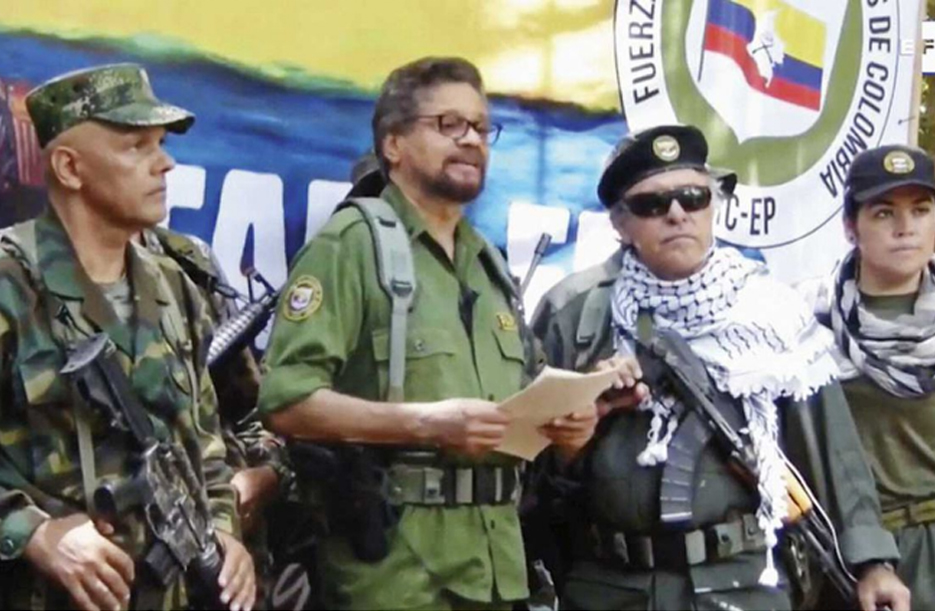
Posted On : Dec 4 2020
Segunda Marquetalia: The Resurgence of a Revolutionary Movement in Colombia
Segunda Marquetalia, a term that has recently gained prominence in Colombia, refers to the reorganization and resurgence of the Revolutionary Armed Forces of Colombia (FARC) guerrilla movement.

Segunda Marquetalia marks a complex chapter in Colombia's history, rekindling debates about peace, conflict, and the challenges of achieving stability. This article explores the origins, implications, and concerns surrounding the emergence of Segunda Marquetalia.
Origins and Context:
Segunda Marquetalia draws its name from the original rural hideout of the FARC's founding members in the 1960s. The movement initially emerged as a response to socioeconomic disparities, rural neglect, and political exclusion. The FARC pursued a revolutionary agenda aimed at addressing these issues through armed struggle.
Resurgence and Concerns:
The announcement of Segunda Marquetalia indicates the reorganization of former FARC members who rejected the 2016 peace agreement between the FARC and the Colombian government. These dissidents have regrouped under the leadership of Ivan Márquez, a former senior FARC commander, and Hernán Darío Velásquez, also known as "El Paisa." This development raises concerns about the potential for renewed violence, destabilization, and a setback to Colombia's post-conflict trajectory.
Implications for Peace:
The reemergence of Segunda Marquetalia has complex implications for Colombia's peace process. The 2016 peace agreement aimed to end decades of armed conflict, demobilizing FARC fighters and transitioning the group into a political party. However, the splinter group's formation could jeopardize the fragile gains made in terms of reconciliation, disarmament, and the reintegration of former combatants.
Challenges to Governance:
The existence of Segunda Marquetalia poses challenges to governance and security in rural areas where the group operates. The Colombian government's efforts to extend its presence, deliver social services, and ensure security could face obstacles due to the group's activities and influence.
International Concerns:
The resurgence of a dissident FARC group is a matter of international concern. Neighboring countries worry about the potential for cross-border activities, including drug trafficking and criminal enterprises. The rekindling of violence could also impact regional stability.
Conclusion:
The emergence of Segunda Marquetalia raises critical questions about Colombia's journey toward lasting peace and stability. While the reorganization of former FARC members poses challenges, it also underscores the complexities of achieving enduring reconciliation in the aftermath of a prolonged conflict. Colombia's ability to navigate this situation while upholding the gains of the peace process will be pivotal in determining its future trajectory.
No Comments Added




















